xī
ancient emperor
Original meaning:
sacrificial slaughter
Depicts a weapon (我) slaughtering a pig for the purpose of sacrificing an animal for offering. The 我 component was later reanalyzed into phonetic component 義 and the component depicting the slaughtered pig was later reanalyzed as meaning component 兮. Based on the original meaning "sacrificial slaughter", now written as 犧. The current meaning is a phonetic loan.

Oracle script
(~1250-1000 BC)
Bronze script
Early Western Zhou (~1000 BC)
Seal script
Shuowen (~100 AD)
Clerical script
Western Jin dynasty (266-316 AD)Regular script
ModernFreq. | Word | Meaning |
|---|---|---|
Fuxi or Fu Hsi, legendary Chinese emperor, trad. 2852-2738 BC, mythical creator of fishing, trapping and writing | ||
Wang Xizhi (303-361), famous calligrapher of Eastern Jin, known as the sage of calligraphy 書聖|书圣 | ||
surname Xi | ||
Huang Zongxi (1610-1695), scholar and writer of the Ming-Qing transition | ||
Fuxi or Fu Hsi, legendary Chinese emperor 2852-2738 BC, mythical creator of fishing, trapping, and writing |
李学勤 《字源》 p.422
